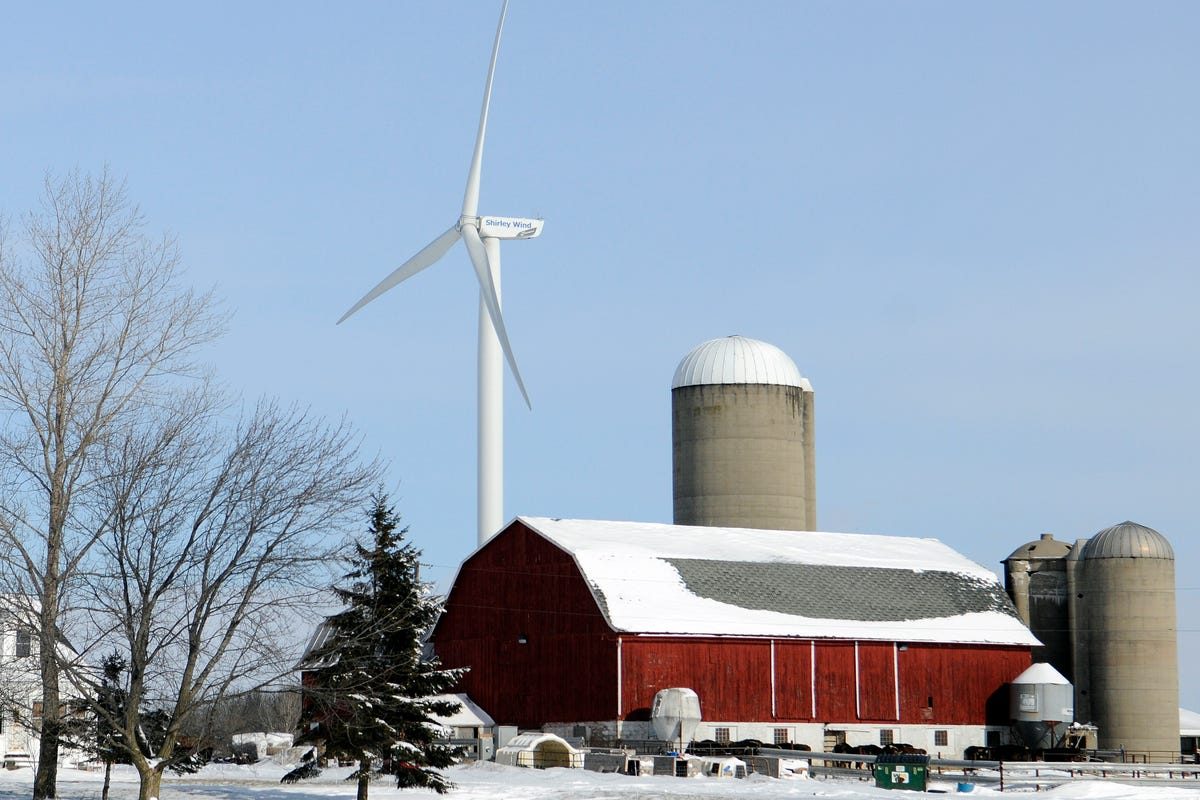
A group of medical, acoustic, and scientific experts conducted studies on wind energy turbines and how it affects people’s health. Based on human experience and scientific evidence, wind turbines pose no harm.
Wind energy generates electricity without producing air pollutants or greenhouse gases. Also, it does not use water to convert electricity, therefore creating a better and healthier environment.
In June 2014, a review of 60 studies conducted globally concerning wind turbines affecting human health was published. It concluded that wind turbines do not pose adverse effects on human health, though they can be a source of noise for some.
Moreover, the IEC (Iowa Environmental Council) also reports no proof to back up claims on health issues caused by turbines. As expressed by Peter Thorne from the Department of Occupational and Environmental Health in the University of Iowa, though some neighbourhood homes complain of the noise that wind turbines produce. There are no research studies to support claims that it has adverse health effects on individuals.
Globally, the wind industry continues to work with experts to monitor and research more on the effect of wind turbines on human health. But so far, no risks have been found.
Addressing Sound Pollution
Wind energy designers in Canada pay attention to rules regarding wind facilities under the administration of provincial governments. Moreover, they follow regulations created by the energy sector. Therefore, wind developers must fulfill the requirements to protect the public from noise.
Typically, developers rely on manufacturers to give information regarding wind turbine sound levels during operations. Then, developers utilize noise measurements and calculations to ensure lesser noise for residents nearby.
Once the wind turbines are functional, they conduct sound audits to quantify turbine sound and measure sound at homes nearby while ensuring that they fulfill the sound specifications provided by the manufacturer.







